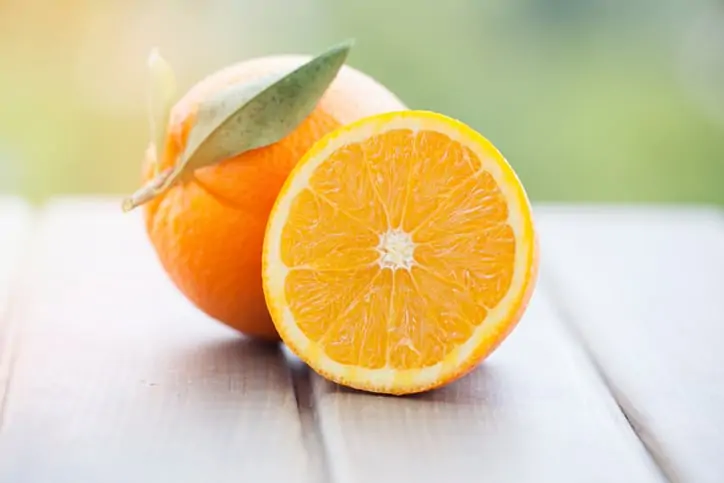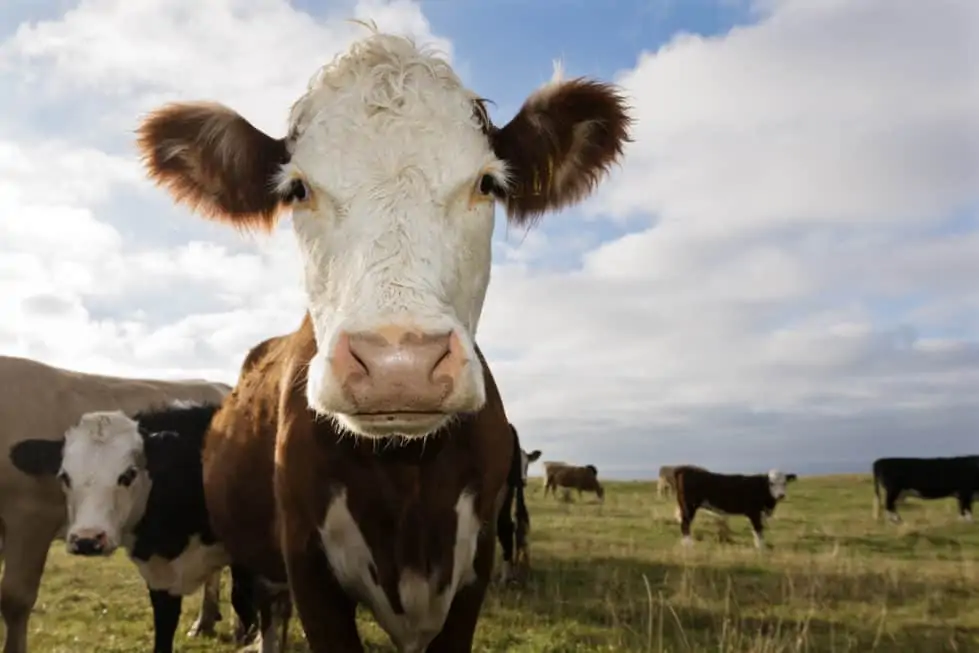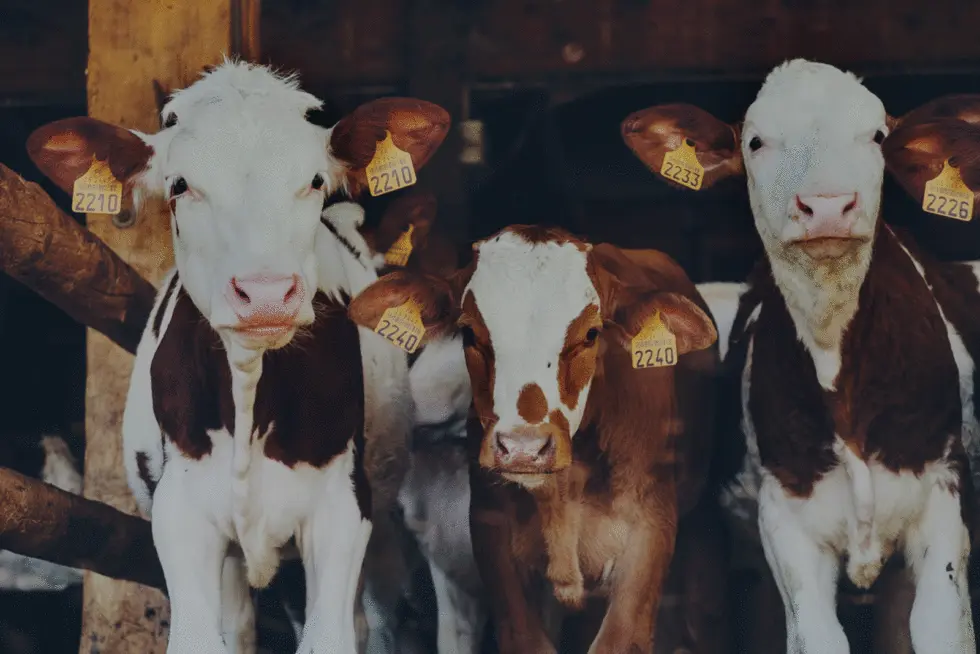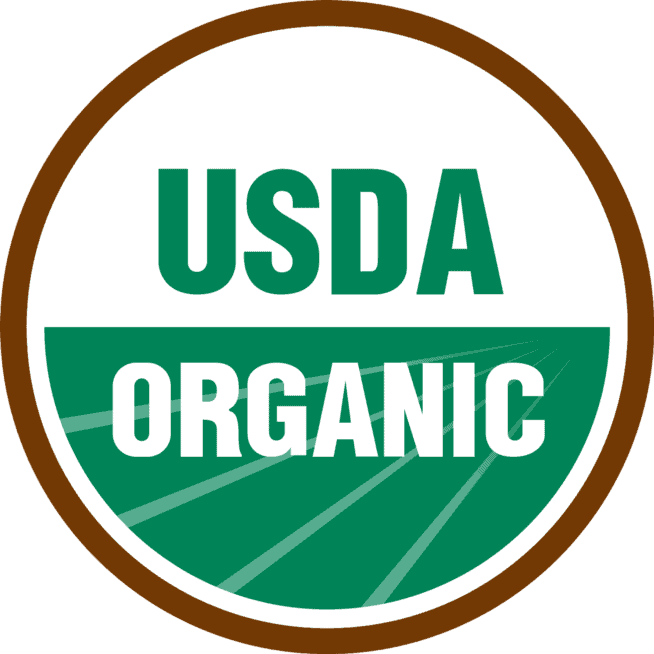
A closer look at oranges Washing fruits and vegetables under running water can remove some pesticides, but not all. In some cases, pesticides penetrate the skin or peel of the fruit or vegetable, and appear in the flesh of the fruit that you eat. In other cases, the pesticides are systemic, which means they […]






